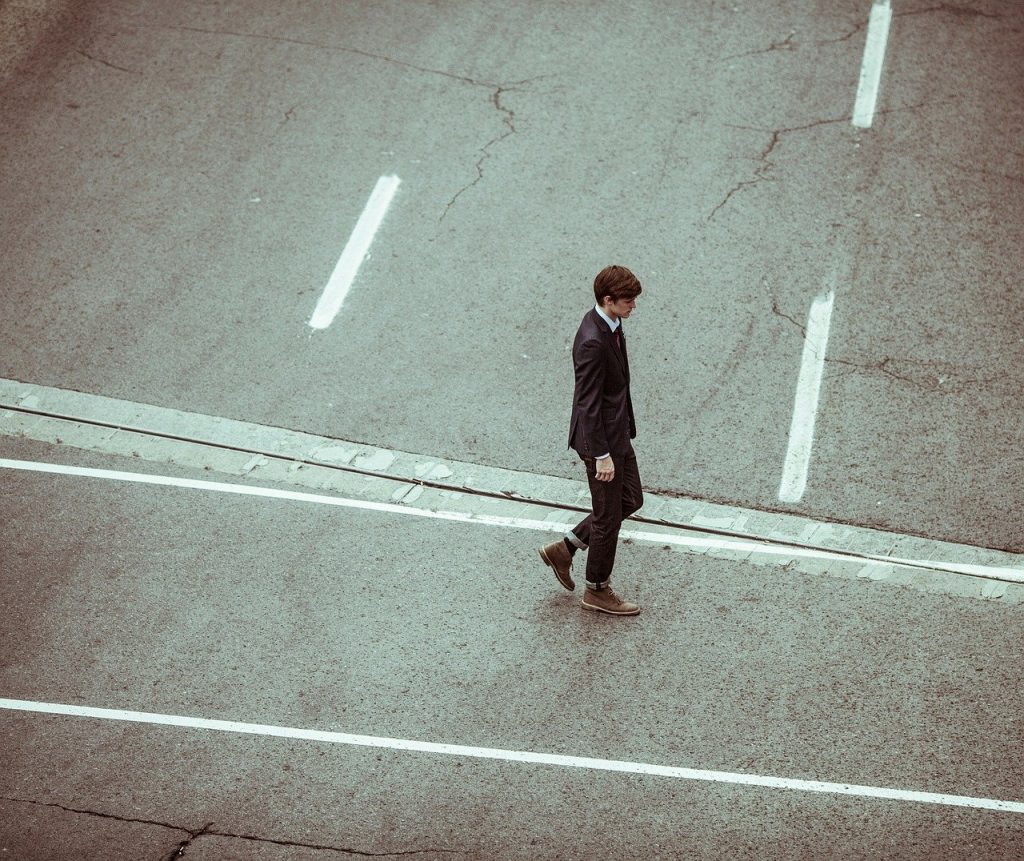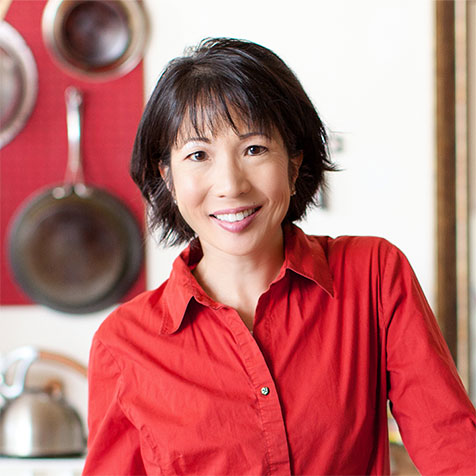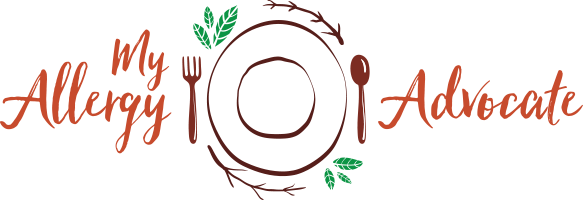
Since the first case of the novel virus formerly known as Covid-19 emerged in Snohomish County, Washington, the feeling of high alert reverberated through Social Media, news headlines, and text messages.
Here in the Seattle area, we have just gone through a week of changing guidelines, schools closing, employees on their second or more week of working from home, and the busy streets of our main towns looking like the zombie apocalypse hit us.
It’s eerie.
“Did you hear? He’s in the hospital nearby where I live!” a friend texted after she learned about the first patient with COVID-19 in Washington State.
The ensuing buzz in the following days grew steadily as more cases surfaced. Friends asked me what I’d be doing. Was I going to Costco to get paper towels, disinfecting wipes, and hand sanitiser?
Nope.
“Welcome to my world,” I said. “Ever since I closed my office and moved my work online, it’s been this way, and perhaps even before.”
At the risk of sounding like I am a Crazy Cat Lady with a germ problem, let me explain.
A Germaphobe Social Distancer is Born
For pretty much most of my life, I’ve been a sickly kid and sickly adult. If you sneeze around me, I catch what you have, and while you are recovering nicely, I’m struggling to make it through another month of illness. And that single month of recovery is lucky. Sometimes, I’ve spent up to half a year recovering.
As an RN working in a busy community health setting years ago, I lost count of how many times I got sick with Strep A, Bronchitis, and colds and flus. There was a lot of handwashing and no touching of my mouth or nose, lots of gloving and re-gloving, tons of wiping down surfaces, and I knew all the clever ways to open doors without using my hands.
In essence, I became a functional germaphobe in order to protect myself the best that I could. And I also became a Social Distancer by practice; meaning, I became very selective about when, how long, and in what capacity I would subject myself to large, public spaces in close contact with one another within indoor settings.
Eventually, my own health crises with autoimmune disease led me to a decision to close my brick-and-mortar counseling office in 2017. My practice switched to an all online-exclusive counseling and coaching practice, whereby people meet with me over a HIPPA compatible video conferencing platform from their home or place of work.
In doing so, the number of colds and flus I came in contact with reduced dramatically. The number of asthma attacks I had from breathing in people’s smoke-saturated clothing or fragranced hand lotions and perfumes plummeted to the point of only needing an inhaler around seasonal allergy months and fire season.
A Germaphobe and Social Distancer was born. Only, I’m not perfect at either, and probably never will be. I have limited ability to clean things all day, and I like people too much to stay away forever.
I did see a recognizable pattern for the few times I did become sick after 2017. They occurred only when someone in close proximity to me was ill, such as my spouse. Or, if I was in group of people for a conference or mutli-day activity and one in the group was sick, I was sure to contract that one person’s illness.
My triathlon and ultrarunning coach has joked for several years that I should invest in one of those human-sized hamster balls and just live inside of it for flu season duration. I can’t say I have any reason to argue with him. During cold and flu season, I’d choose workout times when my gym typically has the lowest foot traffic. I became used to working out by myself, yet inviting people to run with me outside, since I can always keep some distance between us so we don’t pass germs to eachother.
We’ve both known that my immune system is weaker than most, and it’s been this way for years, despite exercise, regular sleep, healthy eating and supplementation, and keeping stress in check. I’ve learned to do everything I’m response-able to do for myself regarding my health, and then not sweat the rest.
Social Distancing 101
In learning to “not sweat the rest,” there is a tradeoff. It’s easy to get what I call, “the Lonelies.” I’ll talk about this at the end of this post, as well as what you can do about it. For this part, here’s a little Social Distancing 101 to help those who are going through it for the first time.
My life before repeat illnesses was filled with outings to restaurants, the theater, tickets to the opera, movies whenever I wanted, and big name concerts. Several times a year, I’d invite artists to perform in my artloft, and the doors were open for friends and friends of friends to come over and enjoy life, music, dance, food, and beverages.
Over the past years, I had to dismantle that life and recreate it in other ways. I’d see movies in a theater when I wasn’t vulnerable, and the flu season had passed. We haven’t been back to the opera because the audience tends to wear fragrances, and I can’t breathe. I’ll attend a concert, but only if I know that the location has a no-tolerance policy for indoor smoking of any kind. And I’ll easily invite people over for dinner and cook them a lovely meal — but usually only a couple at a time.
Friends have learned to cancel get togethers with me if they are even a little sick. Family rexchedules celebrations if any one of us is ill. I’ll happily make someone a big pot of healing soup and leave it on their doorstep after sending a text message: “I left you some soup on your doorstep!”
This “new normal” of social distancing in my own life rose to the surface in 2013 when I realized that I might have Celiac Disease. It takes awhile to learn how to cook for yourself, and restaurants don’t always make it easy to avoid my allergens AND gluten.
Even grocery shopping became something heavy and bothersome. Whereas I once felt in awe pushing a cart down the large aisles of well-lit and heavily stocked supermarkets, I came to loathe them as a taunting reminder of all the foods I’d never eat again (or if I did eat their substitute versions, they’d never quite be the same. If you disagree, try to make a twice-baked almond croissant without butter, gluten, soy, milk, and with half the sugar and no almonds).
So for awhile, even grocery shopping felt like something I did quickly: in the store, get the things, rush out. Don’t dawdle, don’t touch your face (I have a wheat contact dermatitis), wipe the cart with a disinfecting wipe, wash or sanitize hands when leaving the store.
Lather, rinse, repeat for just about every activity you can imagine.
So, Social Distancing 101 is pretty simple:
- Choose activities carefully.
- Don’t dawdle. Be intentional about what you’re doing.
- Keep your body and paws to yourself
- Don’t go out in public places when you’re vulnerable to illness.
- Don’t hang around sick people.
- Learn other ways to reinvent activities you enjoy that limit contact with others.
For the counties that additional mandates placed on us, such as no public gatherings of 250 people or more, and small gatherings needed to have space between people to prevent transmission of the virus, social distancing has some specific elements. Suddenly, everyone seems aware of just how much distance six feet really is.
We were told to stay at home and avoid unnecessary trips. So now, people are in their homes, figuring out what to do with themselves and their kids and pets, with occasional walks outside when the weather is bearable.
What About ‘The Lonelies?’
For the most part, I have rarely experienced deep loneliness in recent years. Yet I do know what something I call “the lonelies” feels like. It’s a transient and temporary state of aching for human contact. Being touched is one way we feel a sense of caring from others.
Think of the many ways we use touch to communicate:
- A handshake and holding hands
- A hand to the shoulder
- A hug
- A fist bump
- A kiss
Even putting your body in close proximity to someone else communicates so many things, such as trust, happiness and joy, love, and protection. We have studies about the healing and protective aspects of touch in both the human and animal world. Without touch, animals and humans don’t thrive well.
If you are reading this post during the spread of the novel coronavirus in your city, here’s a few things to think about:
- If you live with others (family, friends) and you are all practicing social distancing (and therefore no exposures), don’t forget to hug eachother!
- Find humorous ways to provide touch that doesn’t require handshakes or kissing on the face: air kisses, air waves, elbow bumps and hip bumps — it’s all good!
- There is nothing stopping you from playing music and dancing in your living room! Not all dances are partner dances, and even some dances such as salsa and bachata have sections where you can dance side by side! Yet, just being in proximity helps keep that feeling of the lonelies away! Fancy that!
Other ways that help the Lonelies stay in the periphery is to create an environment that has presence in it. Scentless candles, good lighting, music, and pets help you experience the impact of even your own presence in a room. In an Italian town under lockdown because of the virus spread, residents sang to eachother from their windows!
I personally enjoy listening to songs with lyrics I know, so that I can sing along if I want. Listening to podcasts are also helpful; try listening to podcasts that include a broad range of topics, and don’t limit them to your medical conditions, food allergies, or nutrition. There are soulful podcasts as well as informative ones. There are even ones that exist for comedic relief!
Compared to long-standing aloneness, “the lonelies” that I am referencing have a transient nature. Reaching out through Social Media, talking on the phone with a friend, and video chatting with close friends and family members are ways to help shatter ‘the lonelies” into smaller, more tolerable bites.
In this way, I hope to break up my own experience of “the Lonelies”, making even “the Lonelies” fun again.
————
Note: If someone among you becomes ill with COVID-19 , you will have to move into a different mode: isolation. That is not the scope of this post.
If you need more information about what to do if you or someone you know has Sars-Covid19 symptoms, please refer to the CDC, WHO, and your state or local county Department of Public Health website.




